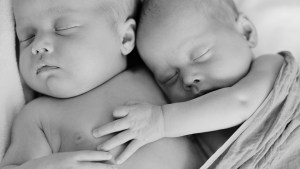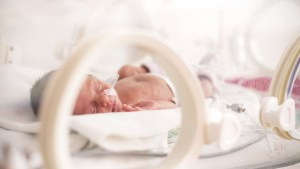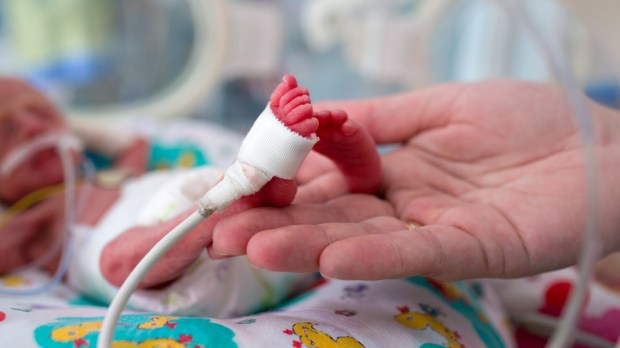When many places went into varying degrees of quarantine or lockdown in response to the COVID-19 pandemic, doctors began noticing a highly surprising trend. While one might have expected that the rising rates of illness, or the pervasive stress of the time, would negatively effect pregnant women and their unborn babies, the opposite seemed to be true. Doctors in various parts of the world began to notice a sudden, drastic drop in preterm births.
Doctors began noticing the trend and discussing it anecdotally, and now research has confirmed it. The New York Times reports,
A large study from the Netherlands, published on Tuesday in The Lancet Public Health, has yielded even stronger evidence of an association between the lockdowns and a smaller number of early births … The Dutch researchers examined newborn blood screening data from 2010 to 2020, which included more than 1.5 million infants. Over 56,000 of those babies were born after the Netherlands started locking down in response to the pandemic… No matter which windows they used, the researchers saw that premature births had dropped after March 9, when the government in the Netherlands began warning the public to take more hygiene measures and to stay home if they had symptoms or possible exposures to the virus. Within the next week, schools and workplaces began to close down. “We could see that this impact was real,” said Dr. Jasper Been, a neonatologist at Erasmus Medical Center in Rotterdam and the study’s lead author. The reduction was from 15 to 23 percent, he said.
This large decrease in preterm births is a rare and shocking piece of good news to come out of the pandemic. But the mystery doctors have not yet solved is what could be causing this change.

Read more:
A simple cuddle from his sibling saved this premature baby’s life
One theory is that pandemic precautions, which included better hygiene and much less exposure to possible sources of illness, brought about lower rates of infection; 40% of preterm births are associated with infection.
Another theory is that, ironically, the pandemic restrictions reduced stress for many pregnant mothers; maternal stress is associated with preterm births. While the pandemic certainly brought new levels of stress for many people, at least some mothers found that sheltering in place at home, with its increase in time with family and for leisure pursuits, brought a welcome reduction in stress.
Some researchers wondered if the decrease in preemies could be happening because more babies were stillborn, which would be a tragic dark side to a story that seems so positive on the surface. But thankfully, that doesn’t seem to be the case:
If most of the missing preemies were actually stillborn, Dr. Been said, there would have to have been a huge increase in stillbirths — maybe three times the usual number, conservatively. No one has reported such a change so far.
Having a premature baby is often deeply traumatic for parents, to say nothing of the health concerns many preemie babies face. The decrease in preterm births since the start of the pandemic is hopeful news, and it’s heartwarming to know that many parents and babies are being spared this difficult experience. Even as COVID-19 has taken so much, its effects are giving the world more healthy babies and peaceful parents, which is a real silver lining.
The great hope, of course, is that doctors can figure out why this is happening, so that the reduction in preterm births can continue without a devastating pandemic. In the meantime, in a year that has been so hard for so many, we can all be thankful for the bright side that more babies are being born healthy and thriving.

Read more:
Today, preemies have twice the survival rate of 10 years ago

